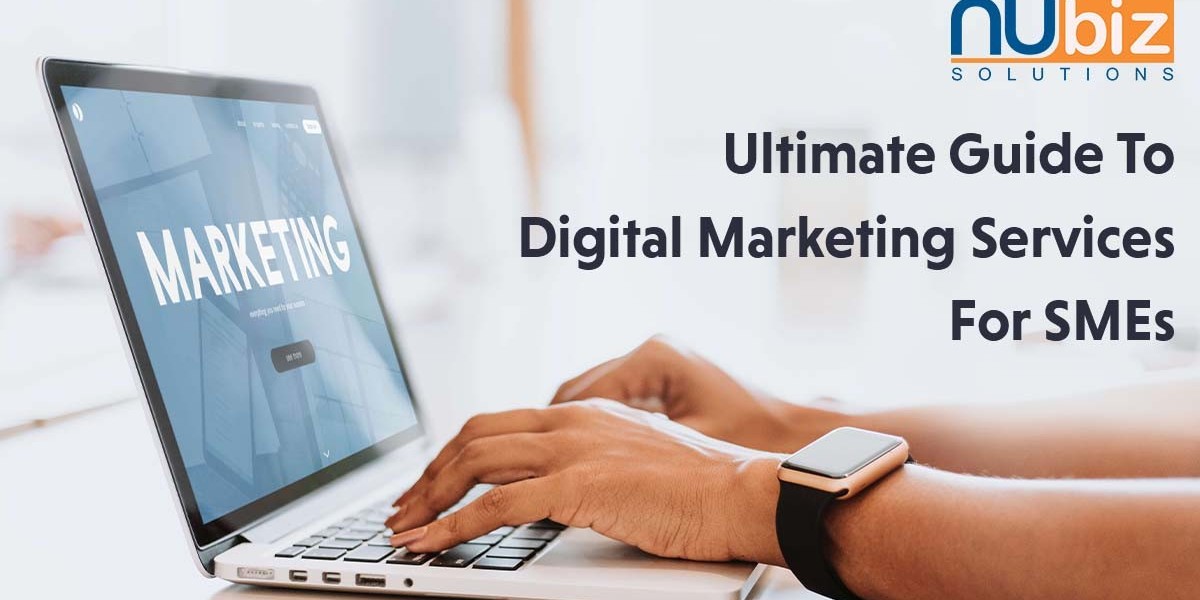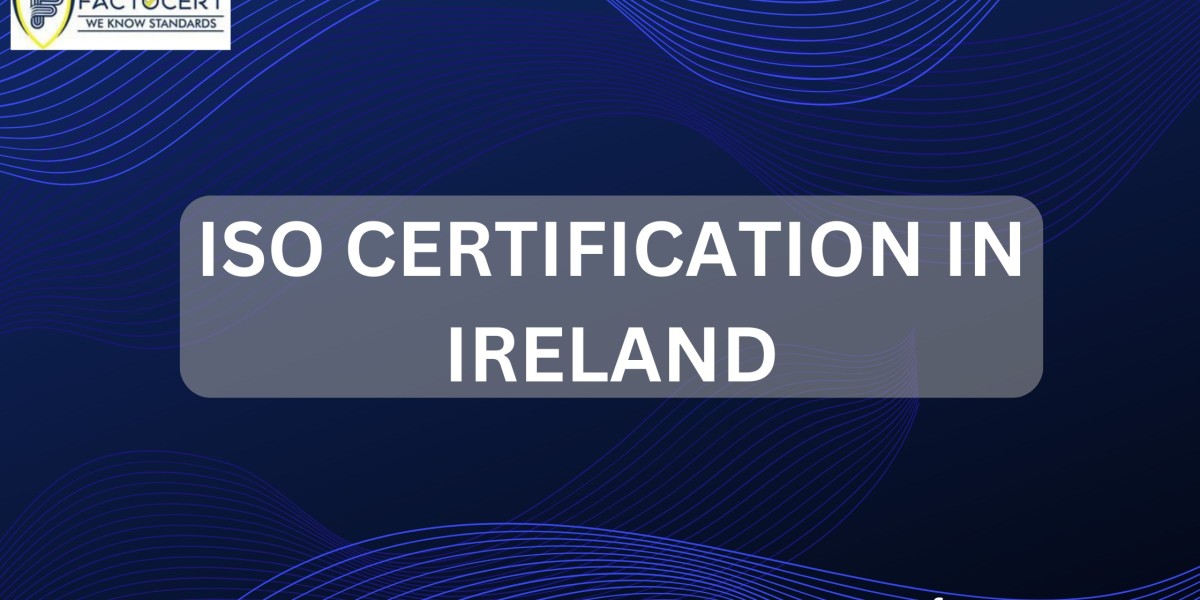In the fast-paced world of business, small and medium-sized enterprises (SMEs) often find themselves facing the daunting challenge of competing with larger, more established companies. Digital marketing has emerged as a powerful equalizer, allowing SMEs to reach their target audience, build their brand, and drive growth like never before. In this ultimate guide, we'll explore the world of digital marketing services tailored specifically for SMEs, helping them unlock their full potential in the digital realm.
Why Digital Marketing Matters for SMEs
Before we dive into the specific services, let's understand why digital marketing is essential for SMEs.
Cost-Effective
Traditional advertising methods such as TV commercials or billboards can be prohibitively expensive for SMEs. Digital marketing offers a cost-effective way to reach a global audience, even on a limited budget
Targeted Marketing
Digital marketing enables precise audience targeting, ensuring your message reaches the right people at the right time. This leads to a higher ROI and improved conversion rates.
Measurable Results
With digital marketing, you can track and measure the performance of your campaigns in real-time. This data-driven approach allows for adjustments and optimizations on the fly, ensuring the best possible results.
Improved Brand Visibility
In today's digital age, consumers often begin their product research online. A strong digital presence helps your brand stay visible and relevant.
Competitive Advantage
Leveraging digital marketing services can help SMEs compete with larger corporations by creating a level playing field in the digital space.
Digital Marketing Services for SMEs
Now, let's explore the essential digital marketing services tailored for SMEs.
Website Development and Optimization
A well-designed and user-friendly website is the cornerstone of your online presence. SMEs should invest in a professional website that not only looks great but is also optimized for search engines. This ensures that potential customers can easily find your site.
Key Steps:
Mobile Optimization: With the increasing use of mobile devices, it's vital to have a responsive design that caters to mobile users.
SEO (Search Engine Optimization): Implement on-page and off-page SEO strategies to improve your website's ranking on search engines.
User Experience (UX) Improvement: Create a seamless and enjoyable user experience on your site to encourage longer visits and conversions.
Content Marketing
Quality content is the heart of your digital marketing strategy. Create and share relevant and valuable content that engages your audience. Content can include blog posts, articles, videos, infographics, and more.
Key Steps:
Content Strategy: Develop a content plan that aligns with your business goals and audience interests.
Blogging: Consistently publish blog posts that provide valuable insights and solutions to your target audience's problems.
Content Distribution: Share your content across multiple channels, including social media, email marketing, and guest posting on relevant sites.
Social Media Marketing
Social media platforms are fertile grounds for engaging with your audience, building your brand, and promoting your products or services.
Key Steps:
Platform Selection: Identify which social media platforms are most relevant to your target audience and focus your efforts there.
Content Creation: Produce and share visually appealing and engaging content, including images, videos, and stories.
Community Engagement: Interact with your followers, respond to comments, and build a loyal online community.
Email Marketing
Email marketing remains one of the most effective tools for customer retention and lead nurturing. Create personalized and engaging email campaigns to keep your audience informed and interested.
Key Steps:
Segmentation: Divide your email list into segments based on customer behavior and interests for more targeted messaging.
Automation: Utilize email marketing automation to send personalized messages at the right time.
A/B Testing: Experiment with different email elements, such as subject lines and content, to optimize open rates and click-through rates.
Pay-Per-Click (PPC) Advertising
PPC advertising, such as Google Ads, allows you to pay for ad placements in search engine results and on other websites. It's a powerful way to quickly increase your online visibility.
Key Steps:
Keyword Research: Identify the keywords your target audience is searching for and create ad campaigns around them.
Ad Copy Optimization: Write compelling ad copy that encourages clicks and conversions.
Budget Management: Set and manage your advertising budget to ensure cost-effective campaigns.
Analytics and Reporting
Measuring and analyzing your digital marketing efforts is crucial for ongoing success. Use tools like Google Analytics to monitor the performance of your campaigns and make data-driven decisions
Key Steps:
Key Performance Indicators (KPIs): Define KPIs that align with your business goals, such as website traffic, conversion rates, and ROI.
Regular Reporting: Provide regular reports to track the progress of your digital marketing campaigns.
Adjustment and Optimization: Use the data collected to make informed adjustments to your strategy for improved results.
Conclusion
Digital marketing is the bridge that connects SMEs to their target audience in the online world. By leveraging website development, content marketing, social media, email marketing, PPC advertising, and analytics, SMEs can not only compete with larger players but also thrive in the digital landscape. Embrace these digital marketing services to unlock the full potential of your SME and drive growth in the digital age.








